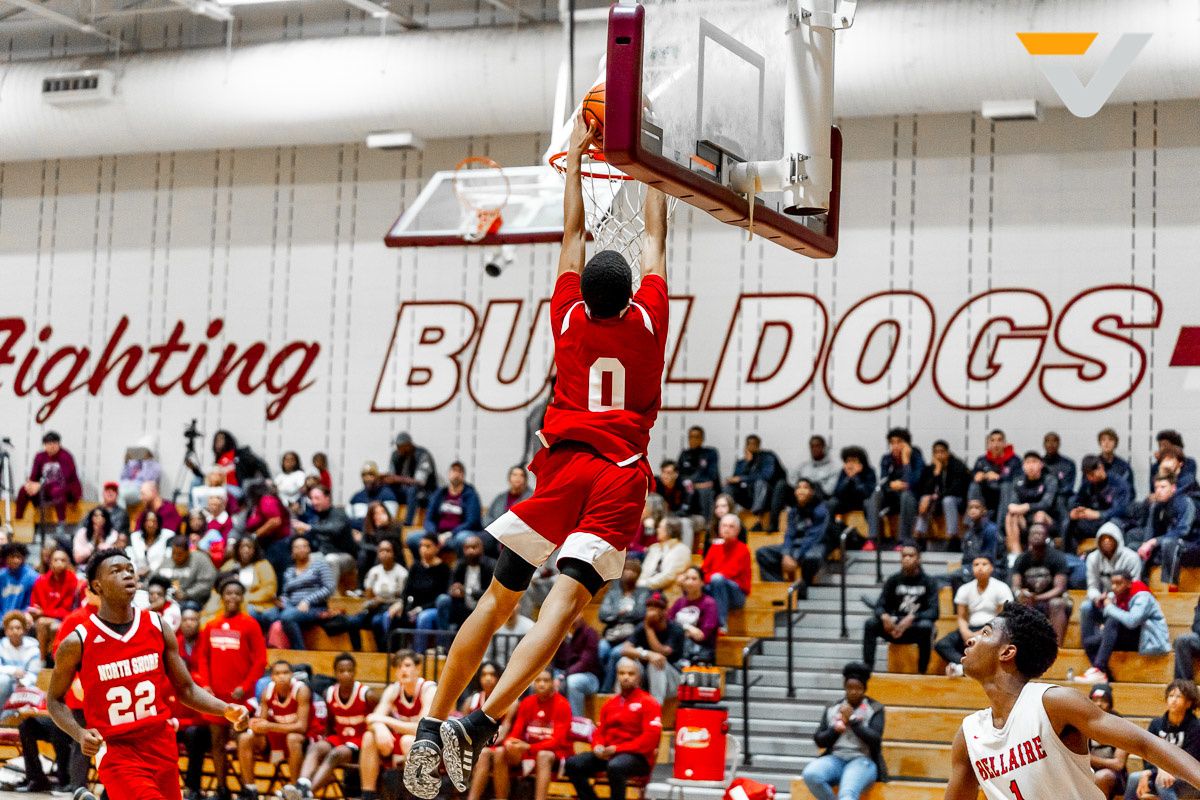By Ray Meach
Often times in the basketball community, parents and "handlers" can become complacent and that is where a problem lies in player development. I personally like to look at the game of basketball like grade school. The older you get, the more skilled or advance the work should be, while still including the fundamentals. Progression with work.
People often wonder what happened to "Player A" or will say that "Player A" has regressed. The reality is that "Player A" has NOT progressed, but also that the players in his class or peer group have. As an evaluator, and I'm certain my colleagues would agree, we expect to see growth each time we lay eyes on a player. Week to week, month to month, year to year. It's just that simple.
For example, as a freshman, Player A is 6-foot-3, 165-pound and can shoot the ball off the catch and shoot, but isn't comfortable putting the ball on the floor. He plays through the summer and continues to shoot ball well. His sophomore year comes around and while Player A can still shoot the ball well, he didn't add two his game. He's now 6-foot-3, 175-pounds with the exact same skill set. He's still very much a threat when wide open, but when the ball isn't on his side of the floor he isn't much of a threat.
Meanwhile, Player B has the same freshman frame, can shoot but isn't confident with putting the ball on the floor. During his summer, Player B focuses on adding the shot fake to his game. Now as sophomore, with the a similar statute and shooting ability, Player B finds himself getting to the free throw line and having more uncontested shots.
For the non-basketball enthusiast who asks, "how can a something as simple as shot fake be so impactful?" here's the answer. I'll remind you of long close-outs, hard rotations and defenders that are anxious to contest jump shooters. Player B has made noticeable progression. Something about his skill set has visibly changed, which impacts the game. While Player A is simply maturing with age, not much about his abilities have gotten better. Again, natural progression.
So, let's go back to the beginning. In Kindergarten, we learn our letters, letter recognition, uppercase and lower, the sounds of letters and maybe words to associate with each letter. As you are promoted grade to grade, the expectation is for you to build on what you have learned. If you cannot, then you fail, are held back or take remedial classes. For arguments sake, we are going to say that you have passed and are promoted.
Now you can form sentences, recognize nouns verbs adjectives based off of what you've learned as a Kindergartener! Why shouldn't basketball be the same way? Learn how to catch the ball ready to shoot; then learn to catch and shoot; then add a pump-fake; now catch, pump-fake, one-dribble and pull up. Finally, getting to a catch, pump-fake, two-dribble floater.
It's all progressions and building on what you have learned before. Here I used a shooting guard as my primary example, but progress and development apply to all positions.
Parents and "handlers" have to realize while they are only focused on one player's success and abilities that there are tens of thousands of other players across the nation trying get better with every rep. Finding the balance of playing actual games, training that translates to in-game scenarios and the implementations what was learned is a major key to getting better week to week, month to month, year to year.
Each game is a test and you either pass or fail, ultimately determining if you qualify to move on to the next level.
